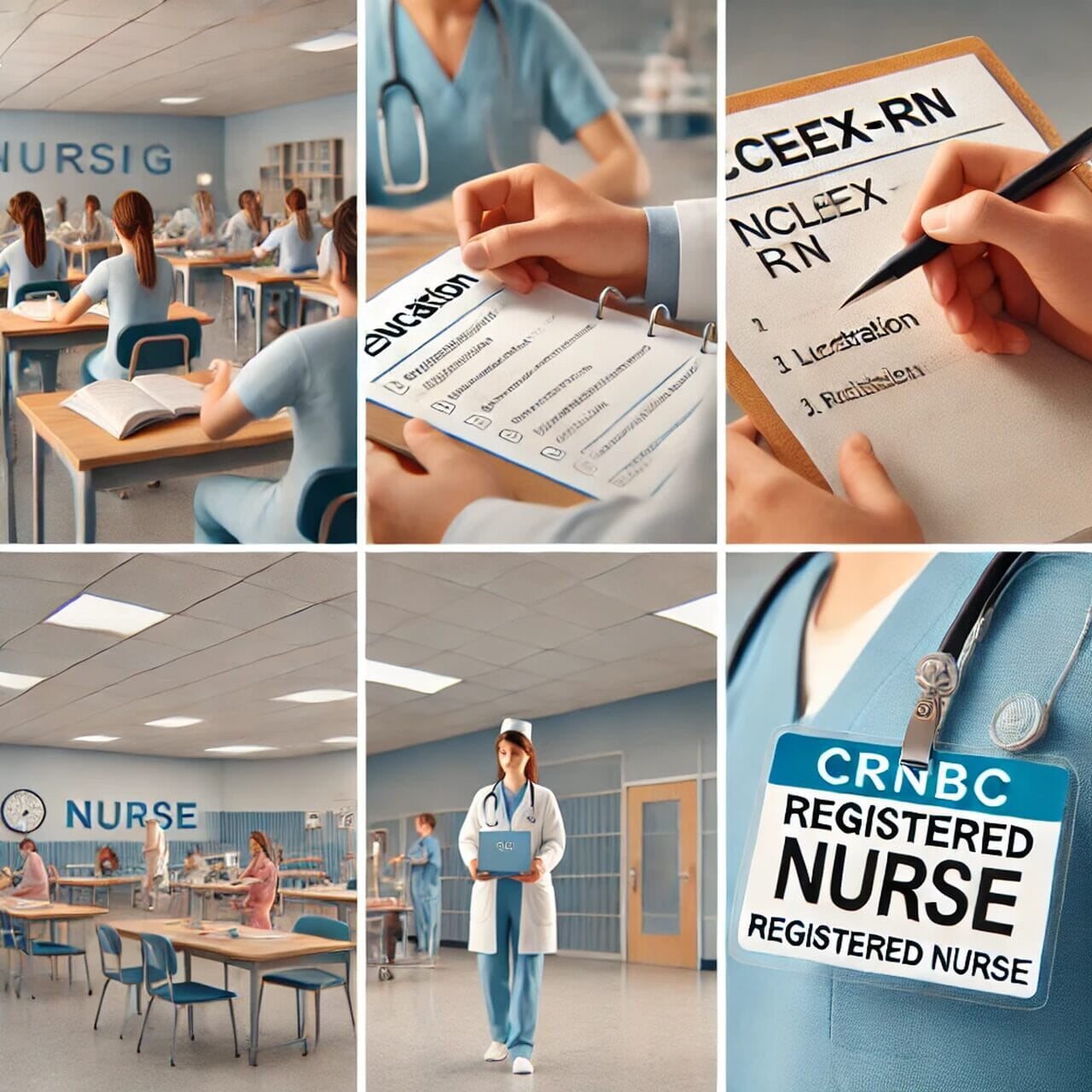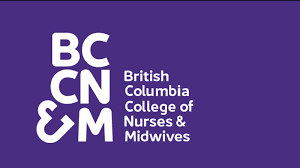
British Columbia (BC), one of Canada’s most picturesque provinces, is known for its stunning natural landscapes and vibrant cities like Vancouver and Victoria. It is also recognized for its robust healthcare system, which presents a wide range of opportunities for registered nurses, including those from Europe. This article explores the various pathways, requirements, and opportunities available for European registered nurses looking to establish a rewarding career in British Columbia.
Requirements for European Registered Nurses
To practice as a registered nurse in British Columbia, European nurses must meet specific educational and professional standards. Firstly, they need to ensure that their nursing qualifications align with Canadian standards. This often involves a thorough credential assessment by the National Nursing Assessment Service (NNAS). Additionally, proficiency in English is a must, with tests like IELTS or CELBAN commonly used to demonstrate this ability.
Registration with the British Columbia College of Nurses and Midwives (BCCNM) is also a key step, requiring nurses to complete an application process that may include additional education or exams depending on their credentials. Immigration requirements must also be fulfilled, which involves obtaining the appropriate visa or work permit to practice in Canada.
Steps to Becoming a Registered Nurse in British Columbia
The process for European nurses to become registered in British Columbia starts with an evaluation of their credentials by the NNAS. This step is crucial in determining if the nurse’s education and experience are equivalent to Canadian standards. If there are gaps, nurses may need to enroll in bridging programs designed for Internationally Educated Nurses (IENs) to acquire the necessary skills and knowledge.
Practical experience is also a critical component, with BC requiring a certain amount of clinical hours. Once these requirements are met, nurses must pass the NCLEX-RN exam, which is the standard licensing exam for registered nurses in Canada.
British Columbia's Healthcare System
British Columbia’s healthcare system is diverse and comprehensive, with multiple health authorities overseeing different regions of the province. These include the Fraser Health Authority, Vancouver Coastal Health, and the Interior Health Authority, among others. The system provides numerous employment opportunities across various healthcare settings, from large urban hospitals to community health centers in rural areas. The work environment in BC’s healthcare sector is collaborative and professional, with a strong emphasis on patient-centered care.
Nursing Job Opportunities in British Columbia
Nursing roles in British Columbia are diverse, offering opportunities in both urban and rural settings. Hospital-based positions are widely available, particularly in large cities like Vancouver and Victoria, where nurses can work in various specialties such as emergency care, oncology, and pediatrics. Community health nursing is another significant field, offering roles in public health, home care, and primary care settings.
In addition to these, there are specialized nursing positions in areas like mental health, geriatrics, and critical care. For those interested in working outside of the city, rural and remote nursing offers unique opportunities and often comes with incentives such as higher pay or additional benefits.
Salary and Benefits for Registered Nurses
Registered nurses in British Columbia enjoy competitive salaries, with the average wage ranging from CAD 75,000 to CAD 95,000 annually, depending on experience, education, and specialty. These salaries are comparable to those in other leading provinces such as Ontario and Alberta. Beyond the salary, nurses in BC benefit from comprehensive healthcare coverage, pension plans, and paid vacation, which contribute to a high quality of life.
Cost of Living in British Columbia
While British Columbia offers many professional opportunities, it’s important to consider the cost of living, particularly in cities like Vancouver where housing can be expensive. The cost of living in BC varies significantly depending on whether one lives in an urban center or a rural area. Housing, transportation, and general living expenses in Vancouver are among the highest in Canada, though they are offset by the region's high salaries and quality of life.
Work-Life Balance and Lifestyle in British Columbia
Work-life balance is a key consideration for many nurses, and British Columbia offers an excellent environment for maintaining this balance. Nurses in BC typically work standard shifts, allowing them ample time to enjoy the province’s numerous outdoor activities, from hiking and skiing to exploring cultural attractions in cities like Vancouver and Victoria. For those with families, BC provides a range of childcare options and family-friendly activities, making it a great place to raise children.
Integration and Community Support
British Columbia is home to a diverse population, and European nurses will find strong support networks and communities across the province. Various services are available to help international nurses integrate into the BC healthcare system, including orientation programs and cultural adjustment support. Additionally, there are vibrant European communities in BC’s major cities, providing social and cultural connections for newcomers.
Professional Development and Career Growth
British Columbia offers numerous opportunities for professional development and career advancement. Nurses can pursue continuing education courses, specialty certifications, and even advanced practice roles such as Nurse Practitioner (NP) or Clinical Nurse Specialist (CNS). The healthcare system in BC supports lifelong learning, with many employers offering financial assistance for further education and training.
Challenges Faced by European Nurses
Despite the many opportunities, European nurses may face challenges in adapting to the BC healthcare system. These include navigating the licensing process, understanding local healthcare practices, and adjusting to cultural differences in patient care. The immigration process can also be complex, requiring careful planning and support to ensure a smooth transition to living and working in Canada.
Success Stories
There are many success stories of European nurses who have made the transition to working in British Columbia. These nurses have found rewarding careers, often advancing into specialized roles or leadership positions within the healthcare system. Their experiences highlight the opportunities available in BC and serve as inspiration for other European nurses considering a move to Canada.
Legal and Ethical Considerations
Nurses in British Columbia must adhere to strict ethical standards, as outlined by the BCCNM. Understanding patient rights, legal responsibilities, and the ethical framework of nursing in BC is essential for practicing in the province. Nurses must stay informed about legal updates and ensure they are compliant with all regulatory requirements to maintain their license and provide high-quality care.
Future Outlook for Nurses in British Columbia
The demand for registered nurses in British Columbia is expected to remain strong, driven by an aging population and ongoing developments in healthcare technology. This trend presents a promising outlook for European nurses considering a move to BC, with numerous opportunities for specialization and career growth in the coming years.
FAQs About Nursing in British Columbia for Europeans
What is the first step to becoming a nurse in British Columbia?
- The first step is to have your credentials assessed by the NNAS to determine equivalency with Canadian standards.
How long does the registration and licensure process take?
- The process can take anywhere from several months to over a year, depending on individual circumstances and any additional education required.
Are there any financial supports for further education?
- Yes, various scholarships, grants, and employer-sponsored programs are available to help cover the cost of further education.
What is the job outlook for European nurses in BC?
- The job market is favorable, with high demand for nurses across both urban and rural settings, especially in specialized fields.
What kind of support networks are available for European nurses?
- There are numerous support services, including orientation programs, professional networks, and cultural communities, particularly in larger cities.
Are there specific advantages for European nurses in the BC healthcare system?
- European nurses often bring valuable international experience and skills that are highly regarded in BC's diverse and multicultural healthcare environment.
Conclusion
British Columbia offers a wealth of opportunities for European registered nurses, from competitive salaries and career growth to a high quality of life. With careful planning and preparation, European nurses can successfully transition into rewarding careers in this beautiful and dynamic Canadian province.

Visa Options for European Nurses to Work in British Columbia (Canada)
Visa Options for European Nurses to Work in British Columbia (Canada)

Steps to work as a Registered Nurse in British Columbia (Canada) for European Nurses
Steps to work as a Registered Nurse in British Columbia (Canada) for European Nurses
You can edit text on your website by double clicking on a text box on your website. Alternatively, when you select a text box a settings menu will appear. your website by double clicking on a text box on your website. Alternatively, when you select a text box.

How European Nurses can register with the British Columbia College of Nurses and Midwives (BCCNM)
How European Nurses can register with the British Columbia College of Nurses and Midwives (BCCNM)
Do you still have any questions? Join our Linkedin Group "European Nurse Recruitment ".